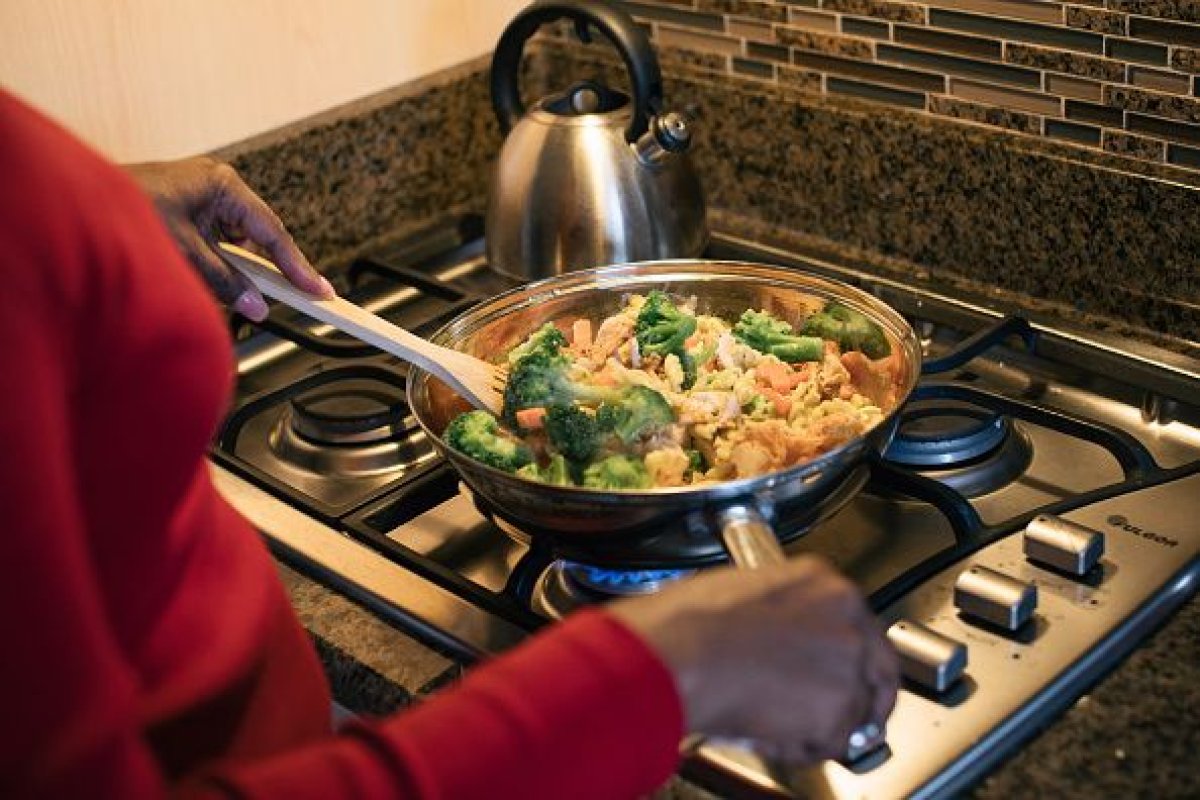
A snack before bed could have some unexpected consequences. New research found that people who eat just before falling asleep might be at a higher risk of breast and prostate cancer.
These findings could have implications for cancer prevention recommendations, which currently do not take meal timing into account, Dr. Manolis Kogevinas, a research professor at the Barcelona Institute for Global Health in Spain and lead author of a new study, said in a statement.
It's possible that a disruption in the circadian rhythm leads to this higher cancer occurence, but scientists are not yet sure why there is this correlation, Kogevinas said. The findings were published on Tuesday in the International Journal of Cancer.

"The impact could be especially important in cultures such as those of southern Europe, where people have supper late," Kogevinas said.
After adjusting for factors such as family history of cancer and other environmental influencers, the research team found that individuals who eat dinner before 9 p.m. or those who waited at least two hours after finishing dinner before falling asleep have about a 26 percent lower risk of developing prostate cancer and a 16 percent lower risk for breast cancer, versus those who go to sleep shortly after dinner.
"The mechanisms are not clear," Kogevinas told CNN. "What we know from experimental studies is that we are conditioned to function in different parts of the day. We—not only humans but all living organisms—have developed throughout time functioning differently in day and night."
The study followed 621 people who had prostate cancer and 1,205 who had breast cancer, as well as 872 male and 1,321 female patients without cancer, known as a control group, chosen randomly from primary health centers throughout Spain.
The authors interviewed them about when they ate meals and their sleeping habits. Participants also completed questionnaires about their eating habits.
Previous studies have shown that breast and prostate cancer risk are higher in night-shift workers likely because of a disruption of circadian rhythm, or a person's sleep-wake cycle, Kogevinas said.
In 2007, the World Health Organization's International Agency for Research on Cancer announced that night shift work that disrupts circadian rhythm is a health risk that is linked to cancer in humans. This new study did not look at shift workers, but it is possible that digestion during the night causes disruption in people's sleep cycles.
"Further research in humans is needed in order to understand the reasons behind these findings, but everything seems to indicate that the timing of sleep affects our capacity to metabolize food," co-author of the study, Dora Romaguera, said in a statement.
Uncommon Knowledge
Newsweek is committed to challenging conventional wisdom and finding connections in the search for common ground.
Newsweek is committed to challenging conventional wisdom and finding connections in the search for common ground.
About the writer
Lisa Spear is a science writing fellow at Newsweek. She's previously contributed to a number of other outlets including Time and ... Read more
To read how Newsweek uses AI as a newsroom tool, Click here.








